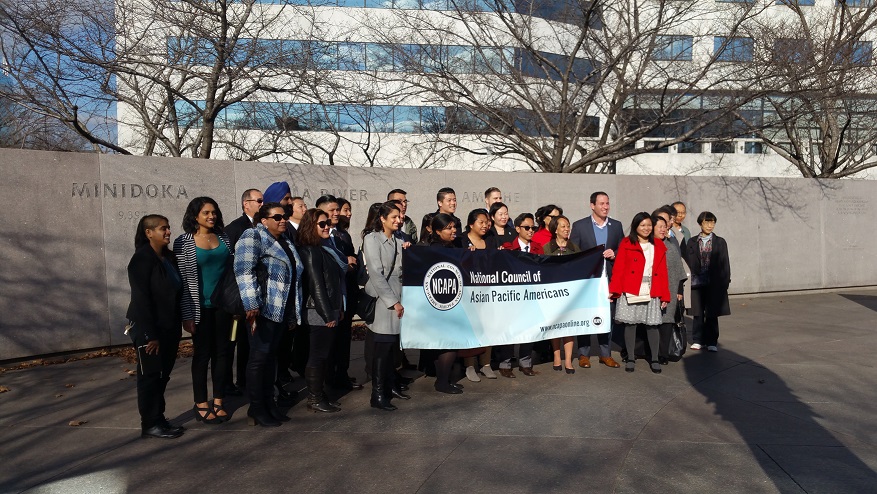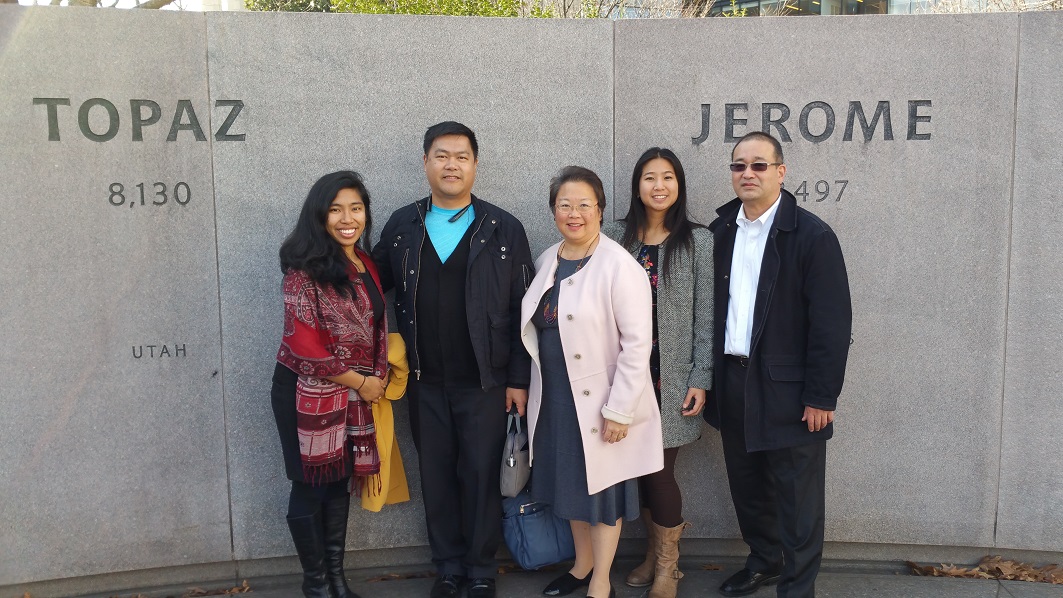The times we’re living in are fraught with too much fear and violence. Recent shootings in Paris and San Bernardino have turned tragedy into political gamesmanship, as politicians have turn leaps of logic and coded language to equate all Muslims with terrorists. From Donald Trump’s call for a complete ban on Muslims entering the country to the thirty one governors who have stated their opposition to accepting Syrian Muslim refugees, despite their legal obligation to do so, and the fact that they are fleeing the very extremism the governors are claiming to oppose. Political rhetoric has become so polarized, the policy debates in which that rhetoric operates have become antagonistic, and as a result, gridlock has become politics as usual.
Unfortunately, for Muslims and everyone caught in what has become a dragnet of suspicion and bigotry — including Arab Americans, South Asian Americans, and Sikh Americans — the consequences of rhetoric and politics are visceral. Violence and the incidence of bias-motivated attacks against these communities has spiked dramatically in recent days. For too many victims and their families, the toll this rhetoric takes is in blood.

The National Council of Asian Pacific Americans at Wednesday’s demonstration.
In concert with other demonstrations of solidarity with the Muslim community, the National Council of Asian Pacific Americans held a public action in Washington, DC. NCAPA, the leading coalition of national Asian American and Pacific Islander (AAPI) advocacy organizations, chose the Japanese American Memorial to Patriotism During World War II and invoked the history of racism and bigotry that AAPIs have faced. The Chinese Exclusion Act was the first piece of federal legislation to specifically bar an entire ethnic group from immigrating to the U.S. in 1882 and not unlike Donald Trump’s proposed ban, was introduced with the idea of being temporary only to be made permanent until its repeal. The Japanese American Citizens League (JACL) invoked the spirit of the venue and the legacy of the internment of over 120,000 Americans of Japanese descent. South Asian Americans Leading Together (SAALT) and the National Queer Asian Pacific Islander Alliance (NQAPIA) recalled the targeting of Muslims, Arab Americans, and Sikh Americans after 9/11/2001 and made direct links to the policy debates that are informed by political rhetoric inflamed by bigotry.
I was at this same venue fourteen years ago when national AAPI organizations also gathered at the Japanese American Memorial to denounce the wave of violence against our fellow community members in the aftermath of the 9/11 attacks on the World Trade Center and the Pentagon. My heart stuck in my throat as Jasjit Singh with the Sikh American Legal Defense and Education Fund (SALDEF) brought the brother of Balbir Singh Sodhi, the first homicide victim after 9/11/2011, and memories of that day came rushing back to me.

Ben (second from left) with members of AARP’s AAPI Community staff.
Two of the members of the Diverse Elders Coalition — the National Asian Pacific Center on Aging (NAPCA) and the Southeast Asia Resource Action Center (SEARAC) — are members of NCAPA and took part in the statement of solidarity that NCAPA released. All of the DEC members know the impact racism and bigotry have in our communities. In the spirit of solidarity and in the spirit of the holiday season (and the various ways our communities celebrate it), we at the DEC commit to our Muslim brothers and sisters and fellow community members to continue to learn from the lessons our elders teach us about the legacy of struggle and to continue our work to address racism, anti-religious bigotry, xenophobia, homophobia, transphobia, and ageism as we build communities free from hate.
The opinions expressed in this article are those of the author and do not necessarily reflect those of the Diverse Elders Coalition.

